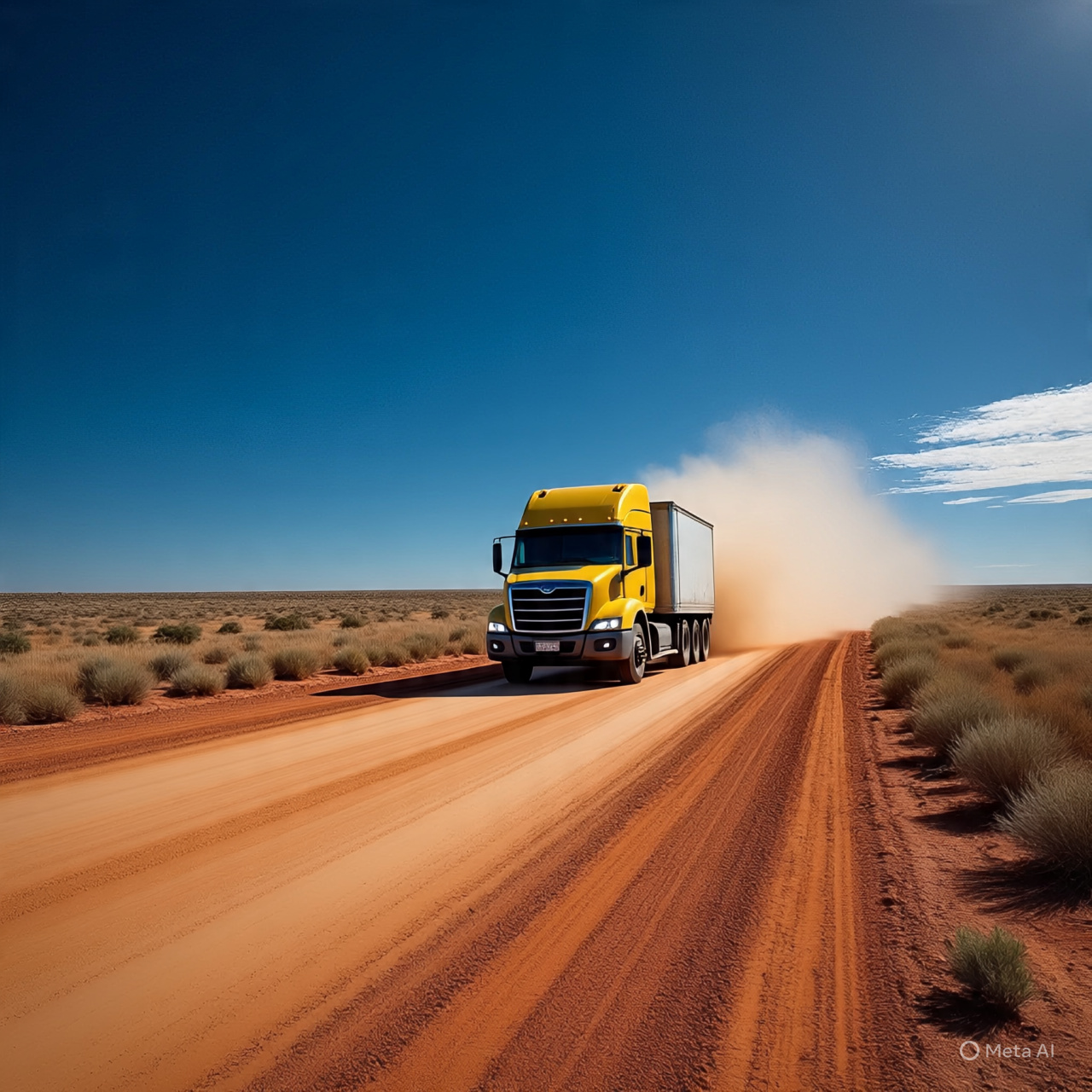Australia doesn’t really do “gentle” when it comes to weather. One day you’re melting in the sun, the next you’re hit with a sudden downpour that leaves half the road looking like it’s been through a car wash. If you live in the outback, you get the dry, cracking heat. On the coast, it’s salt, humidity, and rain that just won’t quit. Basically, our roads take a beating. And this is precisely where spray seal steps in.
It’s not flashy. It’s not the kind of road surface that makes headlines. But it’s practical, challenging, and surprisingly well-suited to what Australia throws at it.
The Harsh Reality of Aussie Roads
Most of our roads are built on borrowed methods—techniques imported from cooler, milder places. Trouble is, what works in Europe or North America doesn’t always hold up here. Roads in Australia are constantly expanding, contracting, and being punished by the elements. Asphalt can rut, concrete can crack, and gravel just doesn’t cut it long-term.
This is where spray seal really shines. Instead of laying a single, uniform, and expensive surface, spray sealing creates a flexible, protective layer that can withstand the punches. It’s essentially bitumen sprayed across the road, topped with aggregate (think fine stone chips). The combo forms a surface that’s both tough and adaptable—two things every Australian road desperately needs.
Why Spray Seal Works So Well Here
Let’s break down why spray seal is such a go-to in Australia:
- Heat resistance. Bitumen withstands the extreme sun. Unlike concrete, which tends to crack, or asphalt that can deform, spray-sealed roads remain intact for longer periods.
- Waterproofing. Rain is a road’s worst enemy. Spray sealing helps water run off instead of seeping in and destroying the base layer underneath.
- Flexibility. Roads shift. They’re living, breathing surfaces, expanding and contracting daily. The spray seal allows for natural movement without crumbling too quickly.
- Cost efficiency. You don’t need to spend a fortune to get a durable surface. That’s why councils, contractors, and even private landowners turn to it.
It’s not perfect—nothing is—but in a land of climate extremes, spray sealing gets as close as we can to a practical, reliable fix.
Rural Roads: The Unsung Heroes
When you leave the big cities, you notice just how many roads are spray sealed. Rural and regional roads often stretch for hundreds of kilometres across farmland, scrub, and open plains. Laying down premium asphalt across all of that? Impossible, budget-wise.
That’s where spray seal becomes the unsung hero. It’s affordable, relatively quick to apply, and sturdy enough to handle tractors, utes, farm trucks, and even the occasional road train. Without it, entire communities would risk being cut off during heavy rain or extreme heat.
It’s not glamorous, but it is essential. Spray sealing quite literally keeps rural Australia connected.
Not Just for Highways
Here’s something people don’t always realise: spray seal isn’t just for councils and highways. Homeowners, farmers, and even businesses are turning to it for driveways, yards, and industrial access roads.
Why? Concrete is expensive. Asphalt looks nice, but costs a small fortune. Spray sealing offers a neat, dark surface that does the job for far less. And when it starts to wear down? You don’t need to rip it all up—just reseal over the top. For properties dealing with harsh sun and unpredictable rain, it’s a far more practical long-term option.
A Quietly Sustainable Choice
Let’s talk sustainability without the buzzwords. Spray sealing uses fewer materials compared to thick asphalt or concrete layers. Many contractors even use recycled aggregates, resulting in less virgin stone being quarried. And because resealing is far easier than total reconstruction, there’s less waste over the life of the road.
No, it’s not the single solution to Australia’s environmental footprint. But in the world of road construction, spray seal has one of the lighter touches—and that matters when you scale it up to thousands of kilometres across the country.
What’s the Catch?
Alright, time for honesty. Spray sealing isn’t flawless. After the application, you may notice loose stones for a short time. The surface also doesn’t look as smooth or “premium” as fresh asphalt. And yes, in areas with hefty traffic, it may need to be resealed sooner.
But here’s the trade-off: spray-sealed roads are more adaptable, cheaper to maintain, and can handle extreme climates better than most alternatives. When it comes to sheer practicality, it wins out.
Final Word
Australia’s climate is unpredictable and harsh. Our roads pay the price daily, from searing UV rays to sudden floods. Instead of fighting that reality with surfaces that keep failing, we need methods that adapt. That’s the beauty of spray seal from Roadseal Civil.
It won’t win style awards. It doesn’t need to. What it does is keep rural communities connected, make driveways affordable, and stretch council budgets further—all while holding its ground against the elements.
And in a country like ours, where nothing about the climate is “gentle,” that reliability is worth more than looks.



